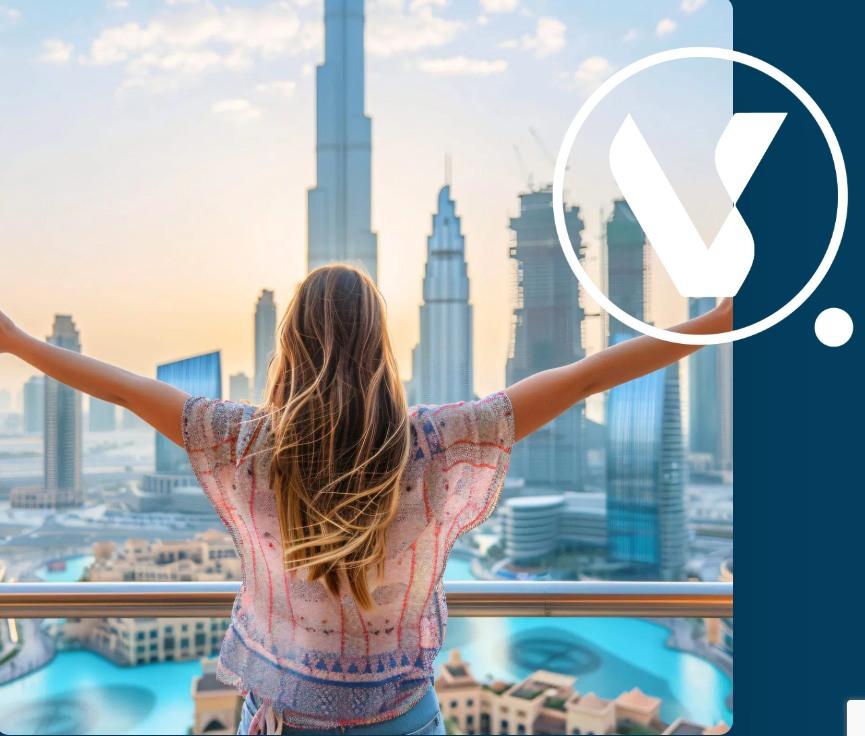Hidden Costs of Property Ownership in Dubai

Investing in Dubai real estate is highly attractive due to its tax-free environment, strong rental yields, and high capital appreciation. However, many new buyers and investors focus solely on the purchase price of a property and overlook the hidden costs of property ownership in Dubai. Understanding these costs is essential for accurate financial planning and ensuring that your investment remains profitable over the long term.
In this article, we’ll explore the key hidden costs that property owners should be aware of in Dubai.
1. Service Charges
One of the most significant ongoing costs in Dubai is the service charge, which covers the maintenance of shared areas in residential or commercial properties.
-
Service charges include upkeep of lobbies, swimming pools, gyms, elevators, landscaping, and security.
-
They are calculated on a per-square-foot basis and vary depending on the property type, location, and amenities.
-
For example, luxury apartments in Downtown Dubai or Palm Jumeirah can have higher service charges compared to mid-range properties in other communities.
Service charges are usually paid annually and are regulated by the Real Estate Regulatory Agency (RERA). Failing to account for these costs can reduce your net rental income or returns.
2. Registration Fees
When purchasing property in Dubai, buyers must pay a property registration fee to the Dubai Land Department (DLD).
-
The standard fee is 4% of the property value, plus a small admin charge.
-
This fee is mandatory and must be paid before ownership is officially transferred.
Although it’s a one-time expense, many first-time buyers overlook this cost when budgeting for a property purchase.
3. Mortgage-Related Costs
If you are financing your property through a mortgage, several hidden costs may arise:
-
Processing fees: Banks may charge 0.25%–1% of the loan amount.
-
Valuation fees: An independent property valuation is required for approval.
-
Insurance: Some banks require life insurance or property insurance to secure the mortgage.
These costs can add several thousand dirhams to the total purchase and must be included in your financial plan.
4. Maintenance and Repairs
Even if service charges cover shared areas, individual units often require ongoing maintenance. This includes:
-
Air conditioning servicing
-
Plumbing and electrical repairs
-
Painting, flooring, or minor renovations
Luxury properties, in particular, may require higher maintenance costs due to premium fixtures and appliances. Regular upkeep ensures the property retains its value and remains attractive to tenants or buyers.
5. Utility Costs
While Dubai does not tax property ownership, utility bills can be significant:
-
Electricity and water consumption in residential or commercial properties
-
Chiller charges for apartments (common in high-rise buildings)
-
Cooling, heating, and other shared amenities
Utility costs can fluctuate seasonally, particularly during the summer months, and should be factored into ongoing expenses.
6. Homeowners Association Fees
Some communities, especially gated developments or master-planned areas like Dubai Hills Estate or Emirates Hills, require homeowners association (HOA) fees.
-
HOA fees contribute to the maintenance of community infrastructure, parks, roads, and security.
-
These fees are separate from property service charges and may be charged monthly or annually.
Ignoring HOA fees can lead to fines or restrictions on property use.
7. Property Management Fees
If you plan to rent out your property, hiring a property management company can help with tenant sourcing, maintenance, and legal compliance.
-
Management fees typically range from 5%–10% of annual rental income.
-
While optional, property management services save time and ensure consistent rental returns.
This is a crucial cost for investors aiming for hassle-free income.
8. Depreciation and Wear & Tear
Properties naturally depreciate over time, and wear and tear can reduce value if not addressed promptly. Owners should budget for:
-
Appliance replacement
-
Flooring, paint, or structural repairs
-
Upgrades to maintain competitive rental rates
Neglecting depreciation costs can result in lower resale value and reduced profitability.
9. Legal and Administrative Costs
Several legal and administrative costs may arise during ownership, including:
-
Lawyer fees for contract review
-
Title deed verification
-
Rental contract drafting
Even though these are usually one-time costs, they add to the total expense of property ownership.
10. Unexpected Costs
Investors should always have a contingency fund for unexpected expenses, such as:
-
Emergency repairs (plumbing leaks, electrical failures)
-
Sudden increases in service charges or community fees
-
Market-related expenses for resale or rental adjustments
A reserve fund of 5%–10% of annual property costs is advisable to manage unforeseen situations.
Conclusion
While Dubai real estate offers excellent opportunities for high returns, investors must be aware of the hidden costs of property ownership. From service charges, registration fees, and mortgage costs to maintenance, utilities, and HOA fees, these expenses can impact profitability if not accounted for.
By understanding and budgeting for these costs, investors can make informed decisions, protect their investments, and ensure long-term financial success. Proper planning not only safeguards cash flow but also helps in maximizing the value of your property in Dubai’s dynamic real estate market.
- Art
- Causes
- Crafts
- Dance
- Drinks
- Film
- Fitness
- Food
- الألعاب
- Gardening
- Health
- الرئيسية
- Literature
- Music
- Networking
- أخرى
- Party
- Religion
- Shopping
- Sports
- Theater
- Wellness
- IT, Cloud, Software and Technology


